Important Tasks After Financial Hardship or Bankruptcy
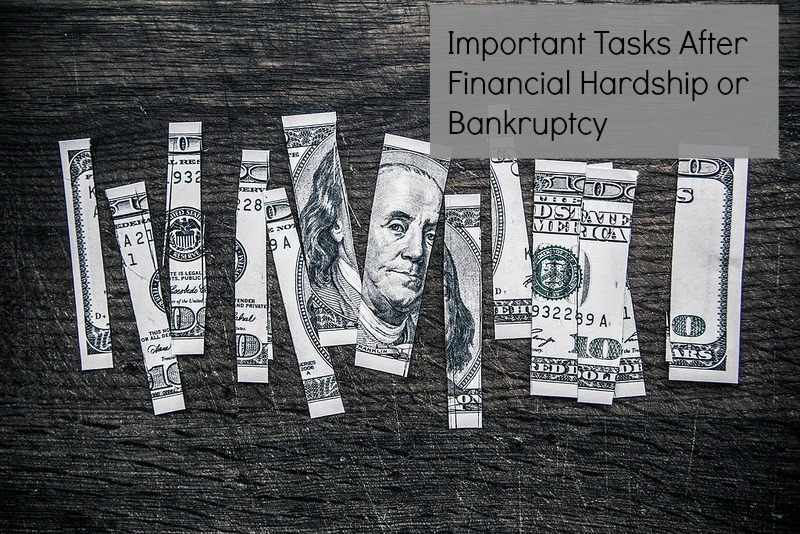
Some of you have asked so let’s talk about it. No matter how much your income, whether it’s $30,000 or $200,000, you have likely experienced financial hardship at some point. It comes in many forms. Perhaps you’ve had to file for bankruptcy, have had an unexpected financial disaster or emergency that wiped you out, or perhaps you started a business and are going through lean times. During and after financial hardship there are two key things you should do.
1) Restart your emergency fund.
If you’ve had a financial disaster then your emergency fund has likely taken a severe hit. In order to be prepared for the next financial emergency or unexpected expense is to have a little money set aside. Start putting as much as you can towards your emergency fund until you have at least $1,000. Of course more is better but $1,000 will be able to take care of some unexpected expenses. Work on saving up about six months worth of bills. In order to figure out how much to set aside, create a spending plan or budget. If you’re an entrepreneur make sure to keep this separate from the business finances.
Take control of your money. Don't let your money control you. Get the management tools.FREE Money Management Toolkit

2) Rebuild or maintain your credit health.
If your credit is still in good shape (credit score of 700 or more) then maintain your credit score by continuing to pay bills on time, not opening new credit cards and not closing any credit accounts. However, if your credit score took a severe drop, you’ll need to repair or rebuild your credit. In order to repair your credit score:
- Don’t close any accounts or this will cause your credit score to drop even further.
- Get a secured credit card from a trusted bank. You’ll deposit money into the bank that will be the amount allowed for your credit line for your secured credit card. Be sure to check the fees so that most of your money is used for fees. If the company tries to make you get an insurance policy to get the card, RUN and check out other banks. Once you get the card pay the balance off every month and make sure your payment history is reported to the credit bureaus.
Having an emergency fund will allow you to avoid future debt. Credit is important for so many things, career advancement (many employers consider credit scores when deciding who gets a promotion and for new hires), housing etc. Completing these tasks will increase your financial fitness so you’re prepared for the next curve ball life throws at you.
Leave your comments below and reach us on Facebook and Twitter.
Photo credit: Tax Credits


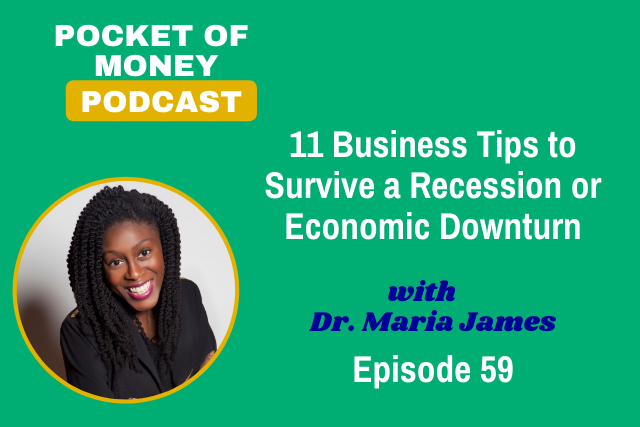
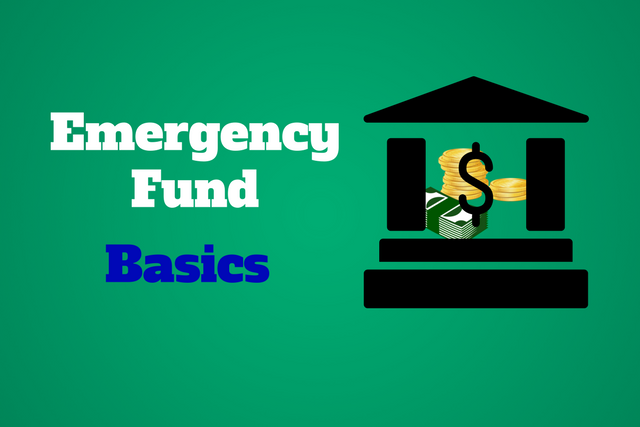
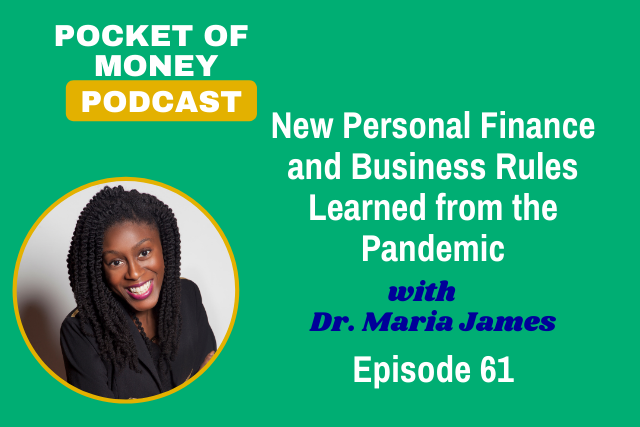
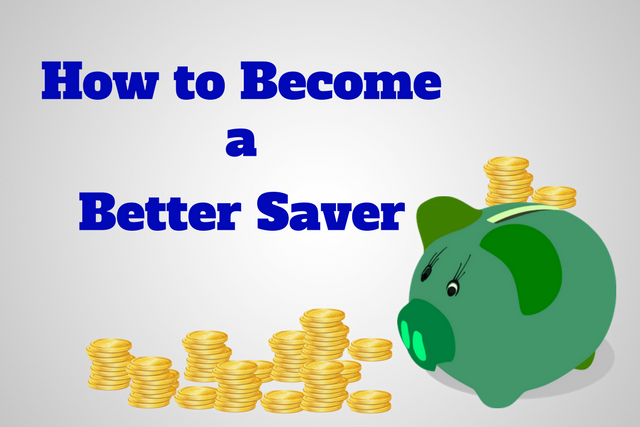
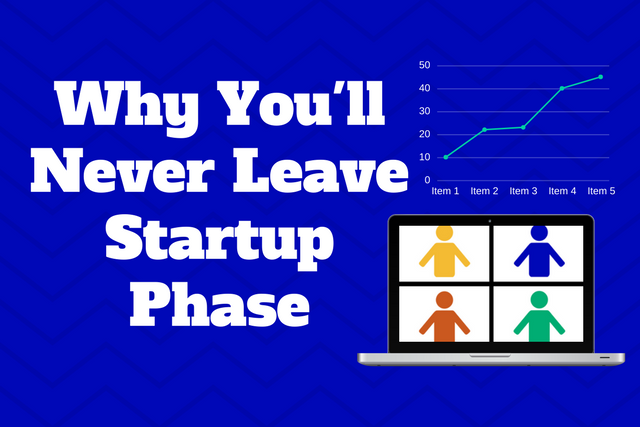
Responses